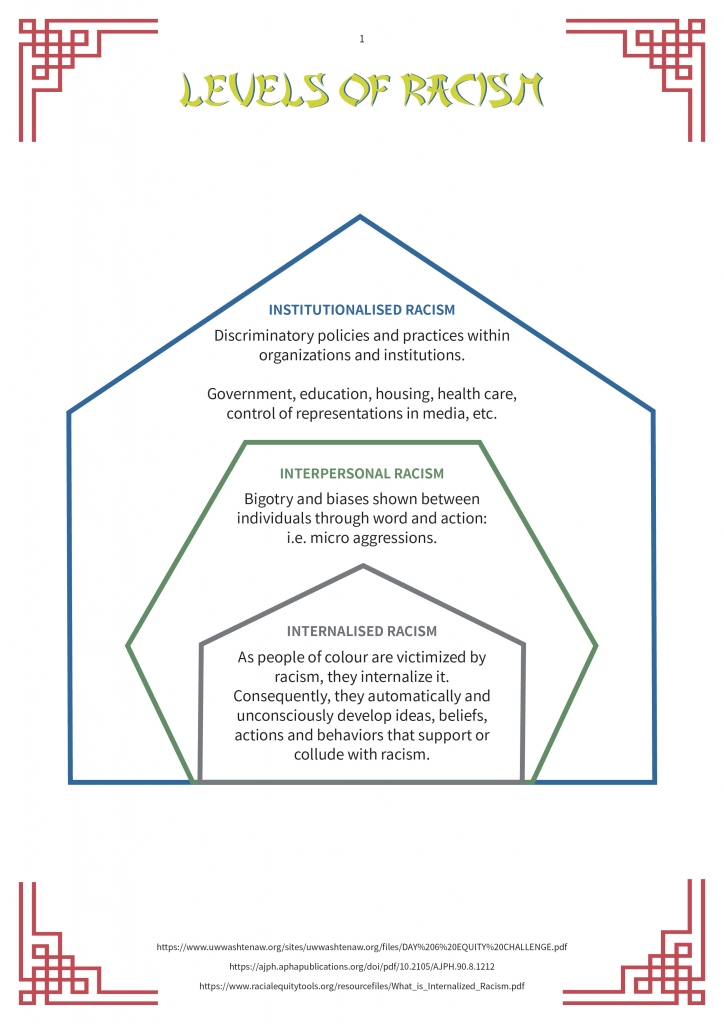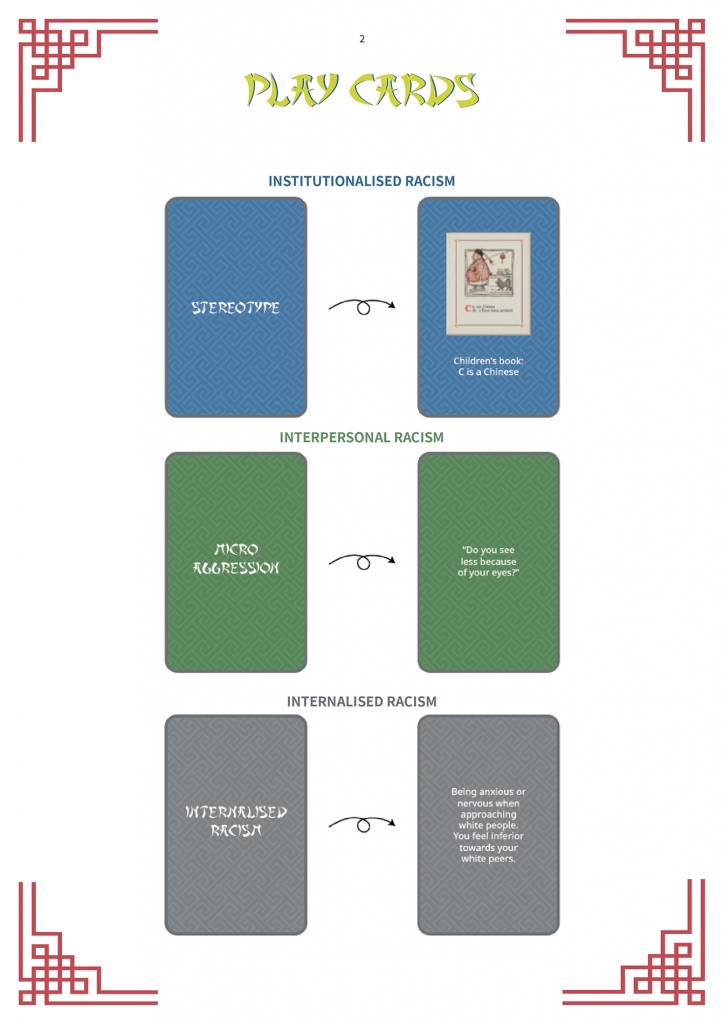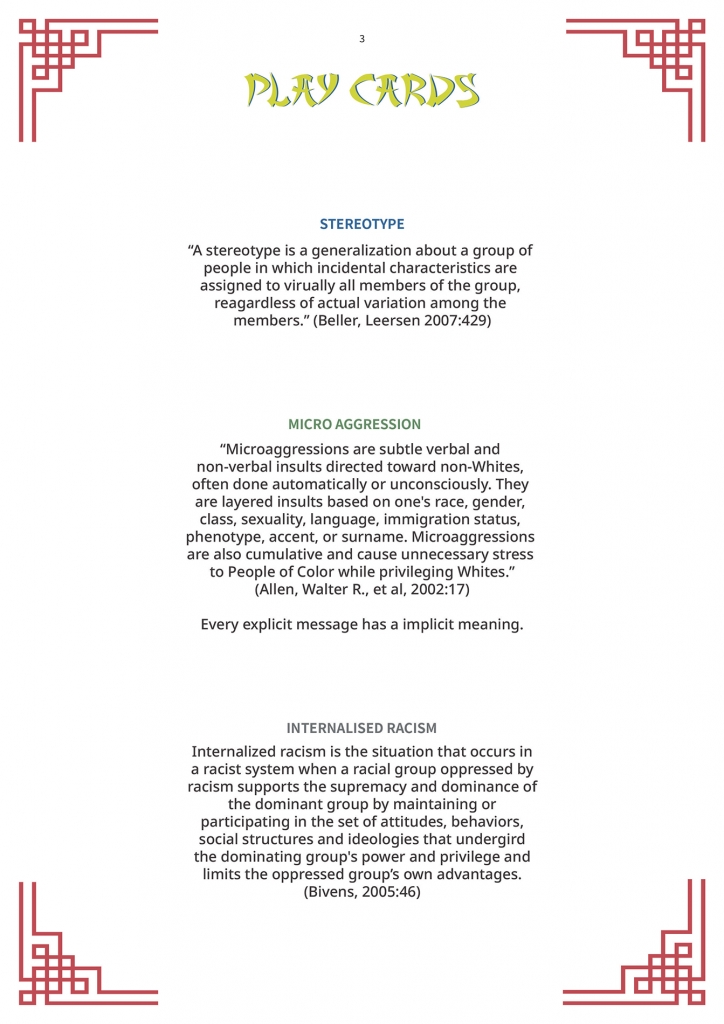Life of Ping
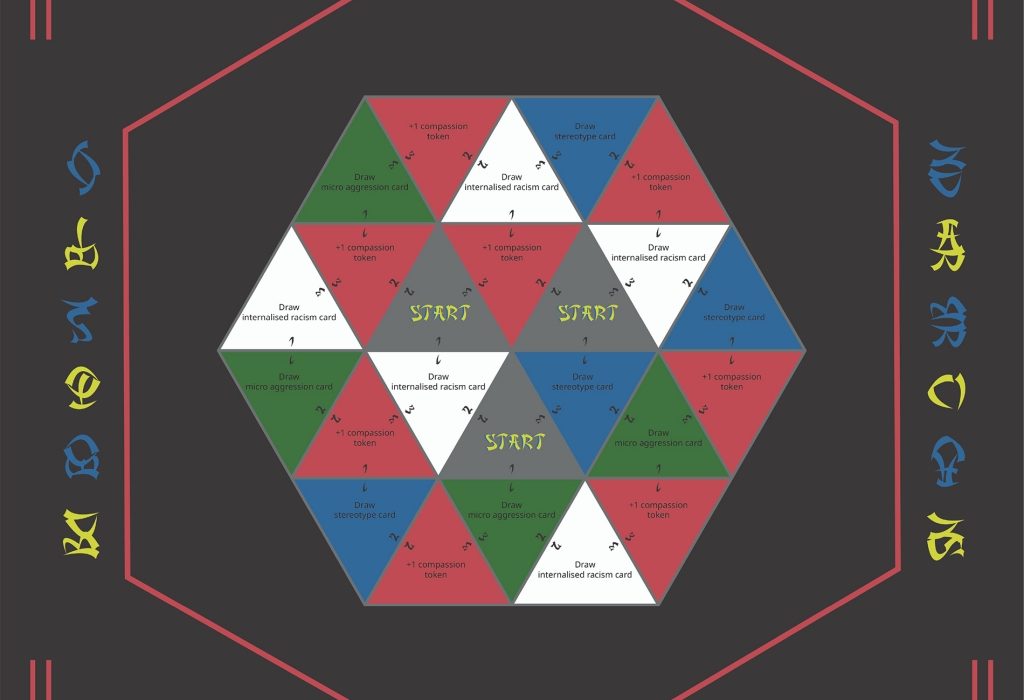
Project details
- Year
- 2020
- Programme
- graphic-design
- Practices
- Social
- Minor
- Cultural Diversity
My cultural identification is Chinese-Dutch. I partake in the Chinese diaspora in the Netherlands, where I have experienced social exclusions. However, as Dutch is also part of my identity I recognise my entitlement to speak up. I chose to create a board game to express this entitlement.
Nominee Bachelor Research Award and Drempelprijs Social Practices
‘Life of Ping’ is an educational tool, which aims to demonstrate the concept of Orientalism to display the complex relationship between the Oriental and the Orientalist in the Netherlands. This concept was established by Edward Said in 1978 to explain the power-relation between the West and the Orient – The Orientalist and the Oriental.
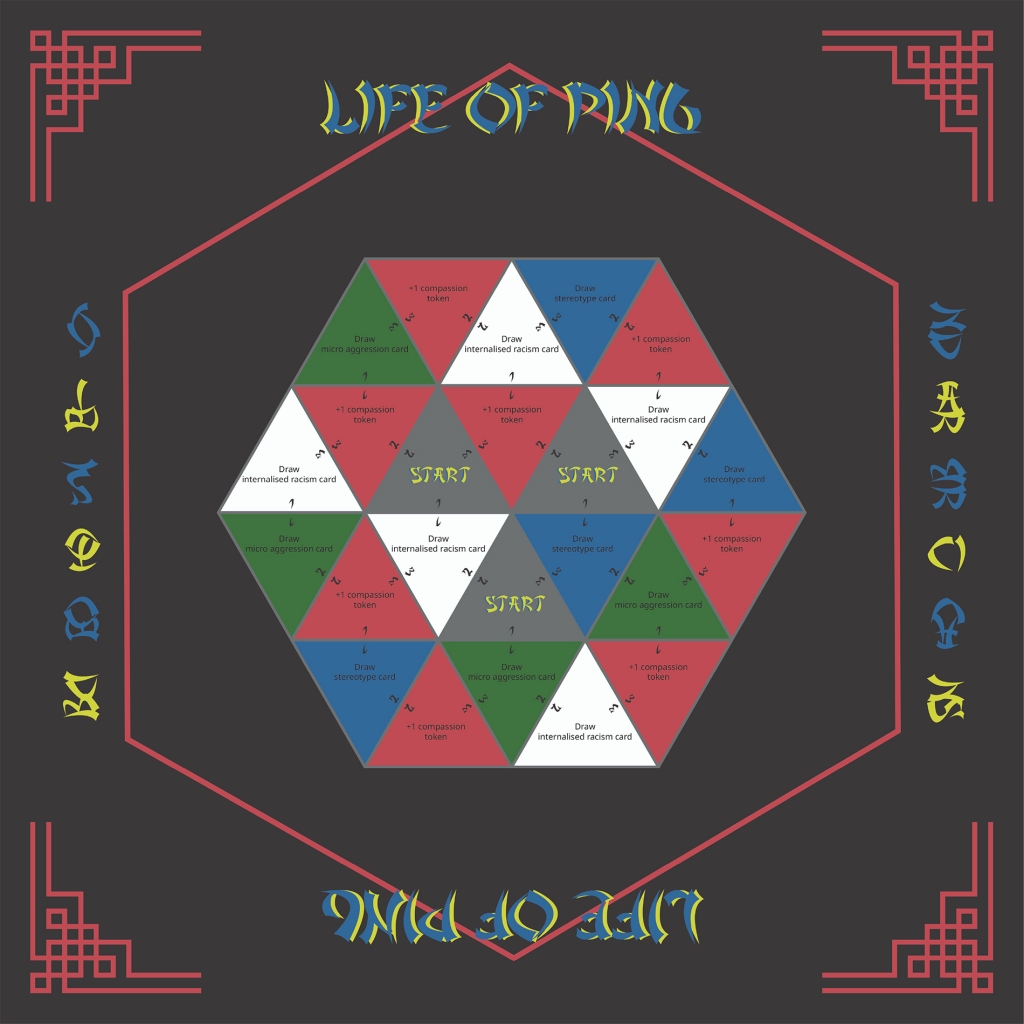
The Oriental is, in this case, someone of the East-Asian diaspora, and specifically someone of the Chinese diaspora in the Netherlands. The Orientalist is someone of the dominant discourse: white-Dutch, whom might not consciously practice racism, but their ignorance also contributes to the persistence of a hegemonic culture in our society. Orientalism is how the West governs over the Orient by representing it, describing it and teaching about it, using a specific framework/discourse; This constructed stereotypical representations in mainstream media, children’s literature, teaching materials, etc. These stereotypical representations affect how the world engages with the Oriental.
Yet what gave the Oriental’s world its intelligibility and identity was not the result of his own efforts, but rather the whole complex series of knowledgeable manipulations by which the Orient was identified by the West. – SAID, 1978:48
The goal of this game is based on the actions; having compassion which leads to actions of giving space, listening to others, asking other’s feelings, educating oneself, etc.
The game is based on role-playing, in which the players will be perceived as a stereotypical representation of an Oriental and venture through life.
The game consists of four types of game cards:
1. Stereotype, 2. Micro-aggression, 3. Internalised racism and 4. Resource cards. Throughout the game, players will encounter stereotypical representation, micro-aggressions and internalised racism.
These three components are intertwined and operate simultaneously to reinforce the narrative of the dominant discourse in Dutch society. Its complexity will be explained with the Resource cards, which consist of the literature of critical race theories in the field of Orientalism, Representation, Stereotype, Identity, Whiteness and Power hierarchy. The player that obtained the most Resource cards wins the game.
Through this simplified life simulator, I hope the players will challenge each other’s’ positions in order to understand one another beyond generalisation. In life, no one can “clothe” themselves with the identity of an Oriental or Orientalist. This also infers that no one can truly experience what it means to be privileged or to be oppressed. However, we can show compassion and be pro-active in educating ourselves so that we may understand others in relation to ourselves.
